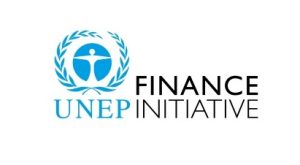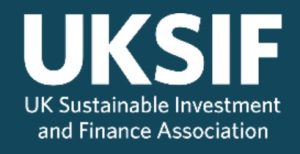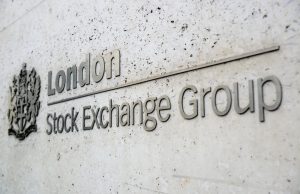Asset Owner ESG Survey Report
Research institute Morningstar releases an asset owner ESG survey report, aiming to understand the attitudes and challenges of ESG investments among these market participants and stakeholders.
This survey included a total of 500 asset managers from 11 countries around the world, including family offices, pension funds, insurance investors, etc. Respondents mainly came from Europe (40%), Asia-Pacific (40%) and the Americas (10%). More than 60% of the respondents manage more than US$1 billion assets, 25% manage more than US$10 billion assets.
Related Post: Schroders Releases Institutional Investor Sustainability Report
Asset Owner’s ESG Investing Profile
In terms of ESG asset allocation, all respondents have invested some money in ESG assets, and 34% of them have an allocation ratio of more than 50% (compared to 30% last year). In terms of configuration reasons, requirements from senior management and the board of directors accounted for more than 30%, followed by ethical principles and pressure from regulatory agencies (both accounted for more than 20%).
In terms of difficulties faced by ESG investment strategies, 38% of the respondents are worried about the rate of return on ESG investments, and 32% said there is a lack of ESG investment targets. The remaining respondents believe that customer pressure, lack of ESG data and ESG reporting framework are also essential factors. In terms of ESG investment implementation, the number of people choosing external consultants and internal teams is similar.

Asset Owner’s Perspectives on ESG Factors
More than two-thirds of the respondents believe that the importance of ESG factors has been increasing in the past five years, with environmental factors being the most important (52%), followed by governance factors (43%) and social factors (38%). In terms of environmental factors, climate change, carbon emissions and energy management occupy the top three places. In terms of social factors, diversity and inclusion, data security and community relations took the top three spots. In terms of governance factors, risk management, business ethics and regulatory environment occupy the top three positions.
Most regulators believe that ESG-related regulatory policies have a restrictive effect on ESG investment. The proportion of investors who agree that regulation is helpful for ESG investment accounts for 49%, a decrease of 10 percentage points compared with last year. Respondents believe that it is very important for regulatory policies to clearly state the definition of ESG but rising regulatory costs have put pressure on their investment.
Regarding greenwashing, 55% respondents believe that it is a serious problem, and 15% believe that greenwashing is not an issue that they need to consider. Tackling greenwashing requires stricter regulatory policies and a more transparent disclosure framework. At the same time, development of business ethics and ESG data were also measures mentioned.
Asset owners’ Perspectives on ESG Products
All asset managers are using ESG products such as ESG ratings, indices, and data. 40% believe these products can reduce investment risks, 33% believe they can measure the impact of investments, and 24% believe these products can increase returns. More than 60% of respondents believe that ESG products are gradually improving in the past five years, among which the accuracy (48%) and timeliness (42%) of ESG data are the most important factors, followed by objectivity and standardization.
In terms of the improvement of ESG products, interviewees believe that international institutions, rating agencies and regulatory agencies are the main responsible parties, and they need to continue to improve the quality of products. Regarding the application of artificial intelligence, data collection (70%), ESG analysis (67%), index construction (56%) and investment portfolio construction (55%) are all potential application areas.
Despite differences among individual asset owners, their ESG commitments are relatively consistent. As a vital part of the global ESG system, the actions of these asset owners can have a greater impact on the global market. Morningstar believes that the diversity and sophistication of ESG investing will continue in the future.
Reference:





